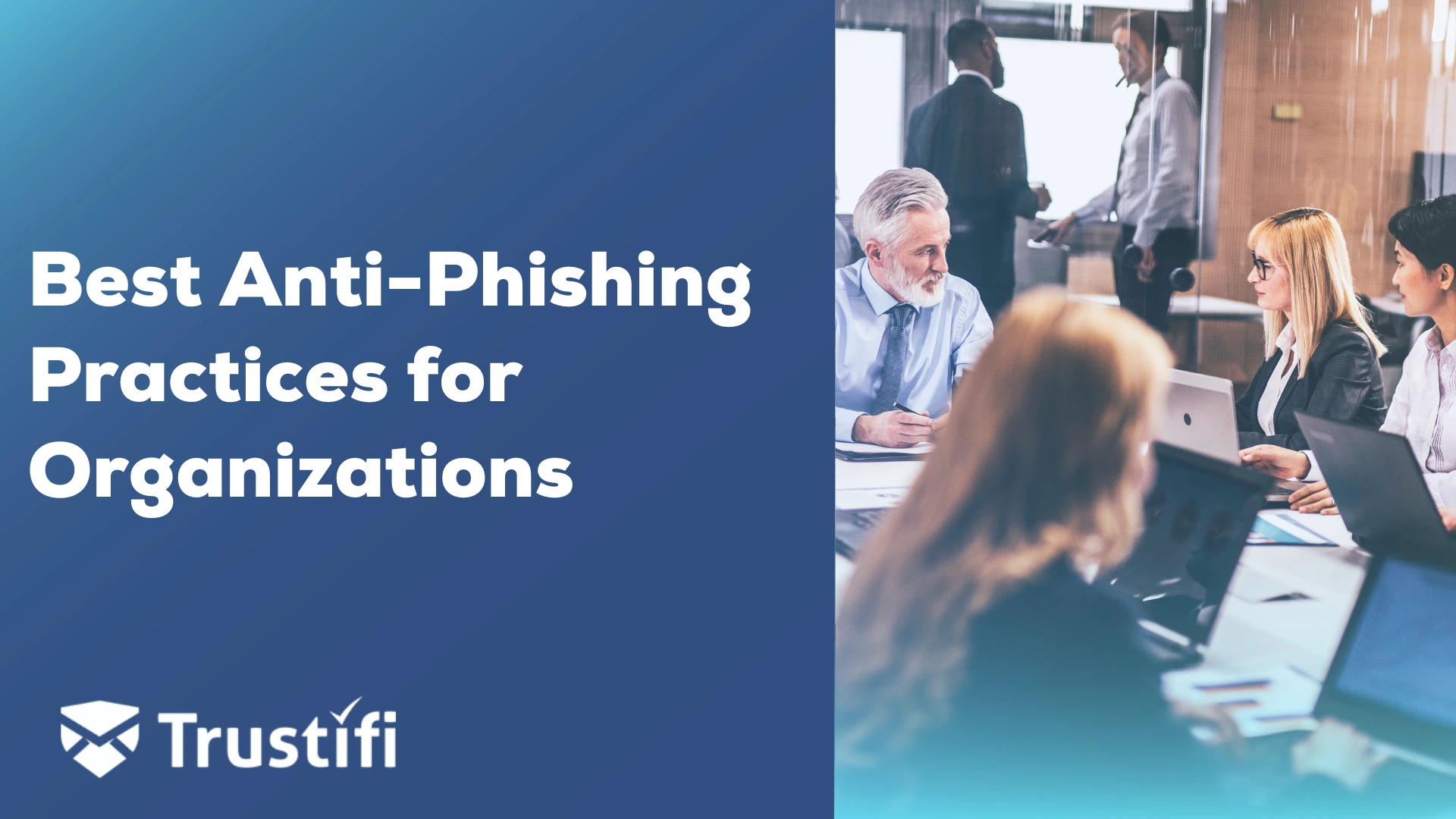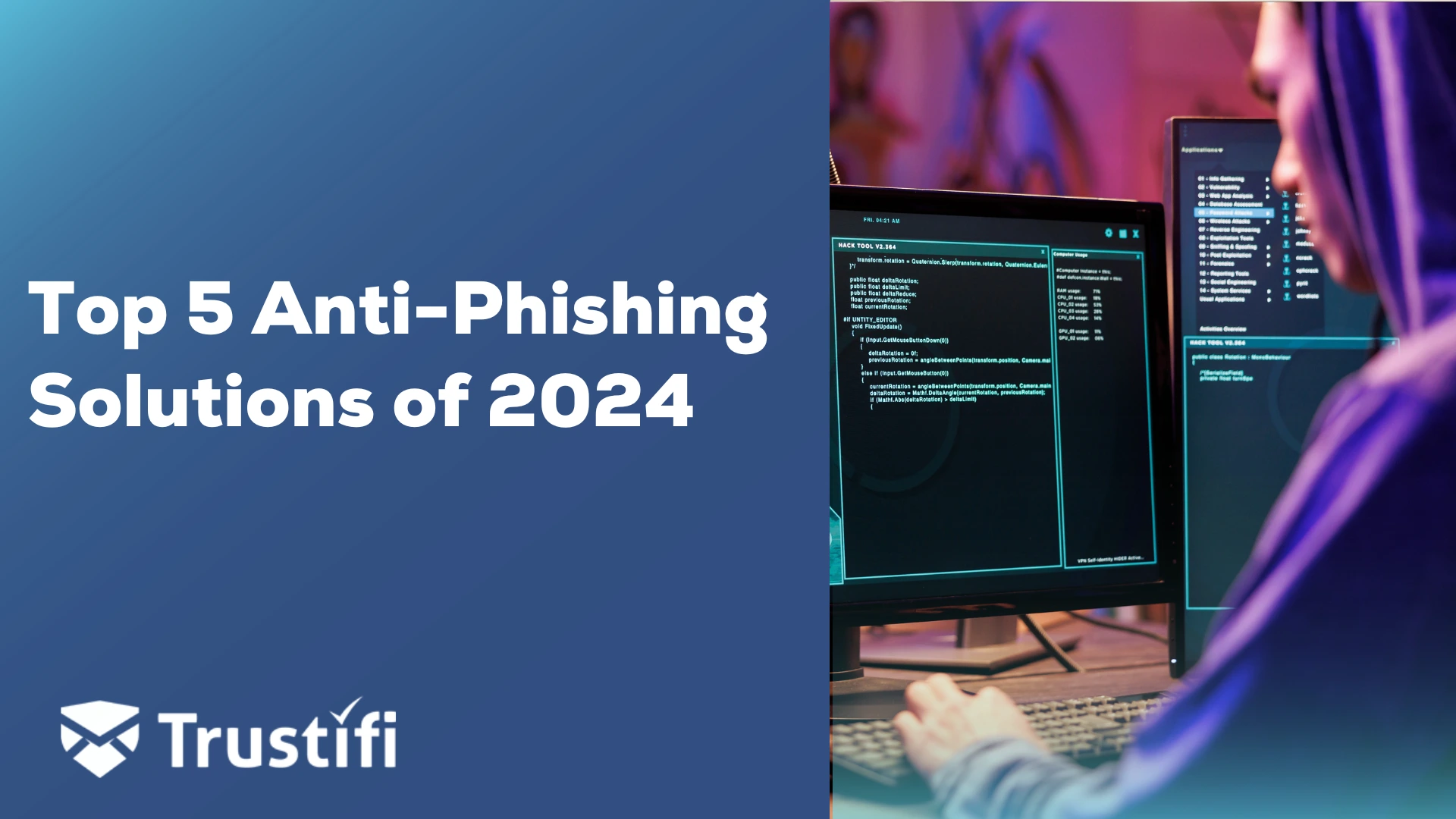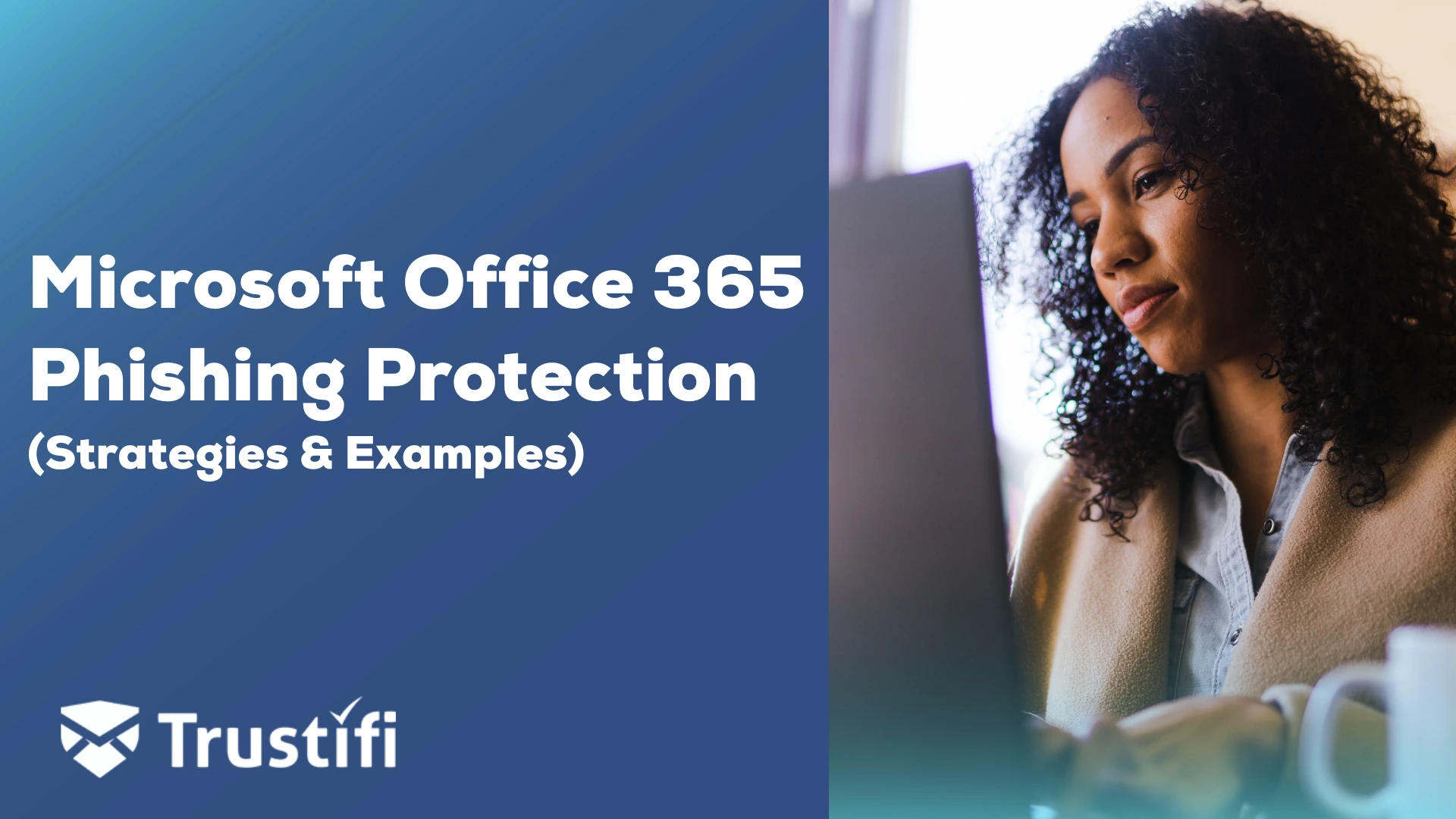Many successful phishing attacks have developed as hackers continue to leverage their version of artificial intelligence(AI) and machine learning(ML) tools.
Trustifi, a global leader in cloud-based AI-enabled email security, understands the importance of delivering an array of anti-phishing protection layers integrated into a consolidated platform for ease-of-use management.
Why is it Important to Have an Anti-Phishing Strategy?
Phishing attempts are the most common and successful US threats. 82% of data breaches involve email scams and email spoofing attacks from phishing. Lost or stolen credentials comprise 20% of breached companies, while direct phishing attacks, including spear-phishing, whaling, and business email compromise, rose 17%.
Existing anti-phishing strategies, including secure email gateway(SEG), will become less effective against next-generation attacks. These attacks powered by AI continue to bypass legacy SEGs. Well-crafted emails generated by WormGPT and FraudGPT show no sign they are an actual phishing message. These cyber threat messages contain proper grammar, virtually no misspelled words, and master the local dialects.
Email phishing attacks cost the average organization nearly $4.24 million per incident in 2023. Victims of financial scams embedded within fraudulent emails continue to suffer monetary losses from downloading malicious files from phishing sites.
Organizations facing these attacks suffer direct and indirect cost losses. Cyber insurance carriers offering policies evaluate their clients yearly to determine they have deployed proper security adaption controls, established effective incident response processes and ensured all security adaptive controls and hosts are monitored 24 x 7.
Deploying an Anti-Phishing Technology to Protect Critical Systems.
Anti-phishing strategies must enable antivirus software on all devices, ensure every web browser remains updated, and every inbound email needs to be scrutinized by advanced AI filtering solutions.
Stopping email phishing also requires security policies, including:
- Enable pop-up blockers within the browser.
- Organizations must add domain-based message authentication (DMARC), DKIM, and SPF policies for domain protection as part of their corporate email security system against impersonations.
- Establishing a security awareness training program to help educate users on the dangers of email phishing attacks.
Implement Email Filters, Policies, and Procedures
AI-powered email filters are essential to an anti-phishing prevention strategy. Trustifi’s consolidated cloud-based platform leverages its AI-mature engine to filter even and stop the most complex phishing attacks. Their AI engine learns from previous attacks and processes this threat telemetry to become even more efficient in preventing future attacks.
AI-generated attacks have become even more challenging than previous attempts. Emails containing misspelled words are a thing of the past. Emails with unfamiliar subject lines also have been replaced with well-crafted content subjects and headers. AI-hacking tools replaced inconsistent email addresses with near-perfect impersonation addresses designed to fool email filter solutions.
Email attachment attacks also continue to become more complex to detect. Hackers create clone phishing email messages by stealing content from one message and applying it to the phishing campaign. These clone attacks embedded near-perfect email attachments based on actual data from a previous communication.
The Importance of AI-Powered Email Security for Anti-phishing
With no form of AI embedded within the layer of security, phishing attacks will continue to bypass legacy architectures and exploit the users. Using cloud-based email security solutions like Trustifi, organizations can consolidate all aspects of anti-phishing, ransomware, credential theft, and data exfiltration into one management console. This consolidated cloud-based platform provides protection against phishing attacks, scans every email message for suspicious activity, and offers additional layers of security, including spam filters. Trustifi’s offering includes layers of security that come fully integrated and easy to manage.
These modules include:
- AI-enabled inbound filtering to stop potential threats from anti-phishing, anti-malware, and rogue attachments from infecting the users
- Outbound Shield enabled both data loss prevention (DLP) and email encryption capabilities together to help clients meet their various compliance and privacy mandates, including HIPAA, PCI, and GDPR.
- Account Takeover modules assist in security monitoring and securing inboxes by utilizing machine learning to analyze the typical behavior of regular system users. Trustifi monitors for unusual system usage that could show a hacker who has breached the firewall and is attempting to get sensitive information.
Another value service Trustifi offers is email detection and response (EMDR) managed services. For organizations requiring additional security engineering support for incident response, rules creating and policy change, and help with compliance reporting, EMDR from Trustifi is an excellent fit for your organization.
Why Trustifi?
With their market-leading AI protection filters, domain impersonation protection, and message encryption, Trustifi simplifies email security while delivering exceptional security protection with their consolidated cloud-based platform.
As a global cybersecurity provider of both inbound and outbound email protection, Trustifi currently supports customers from countries including the USA, Canada, Brazil, the Dominican Republic, the UK, the Netherlands, India, the UAE, China, and Japan, Cyprus, the Philippines, and more. The company has also developed “One-Click Compliance” capabilities that cater to world security regulations, including PDPO for Hong Kong, POPI for South Africa, GDPR for Europe, and LGPD for Brazil.



